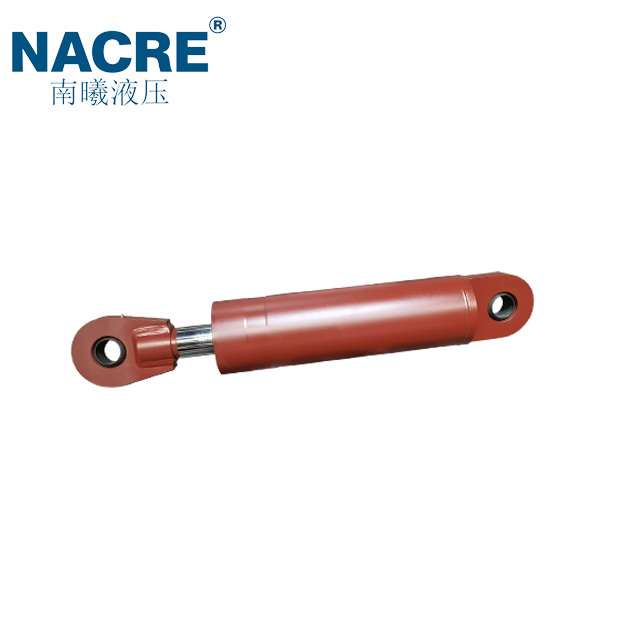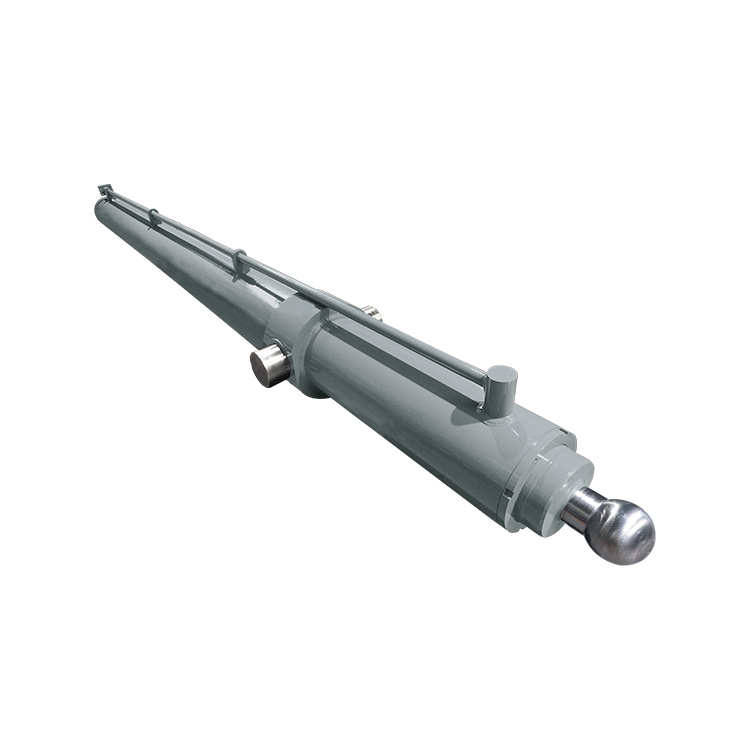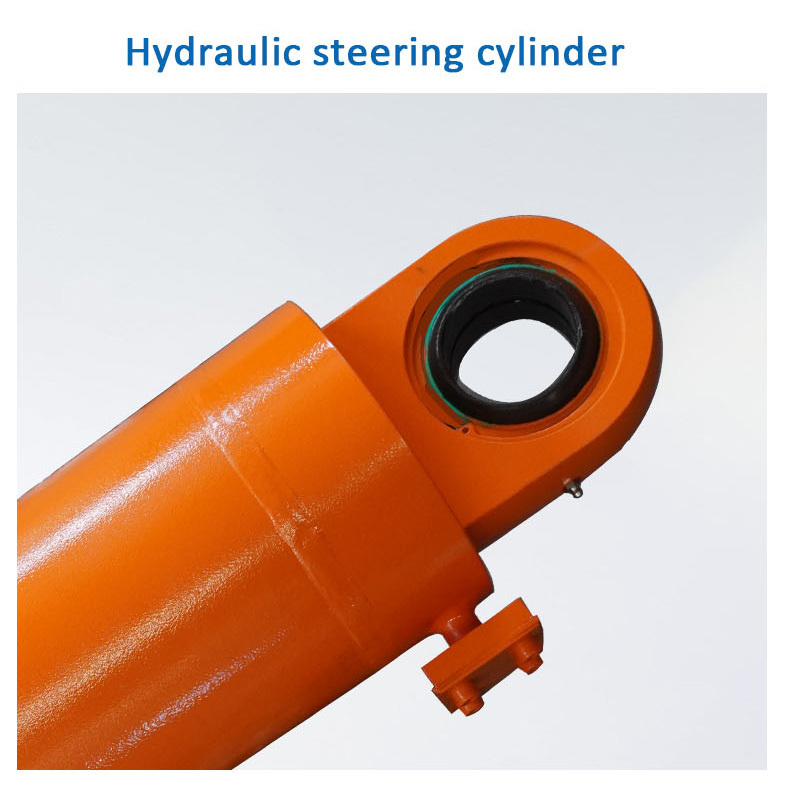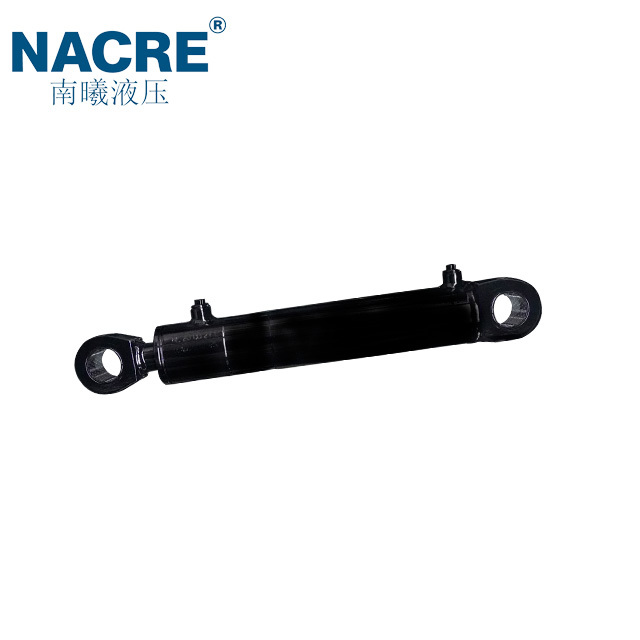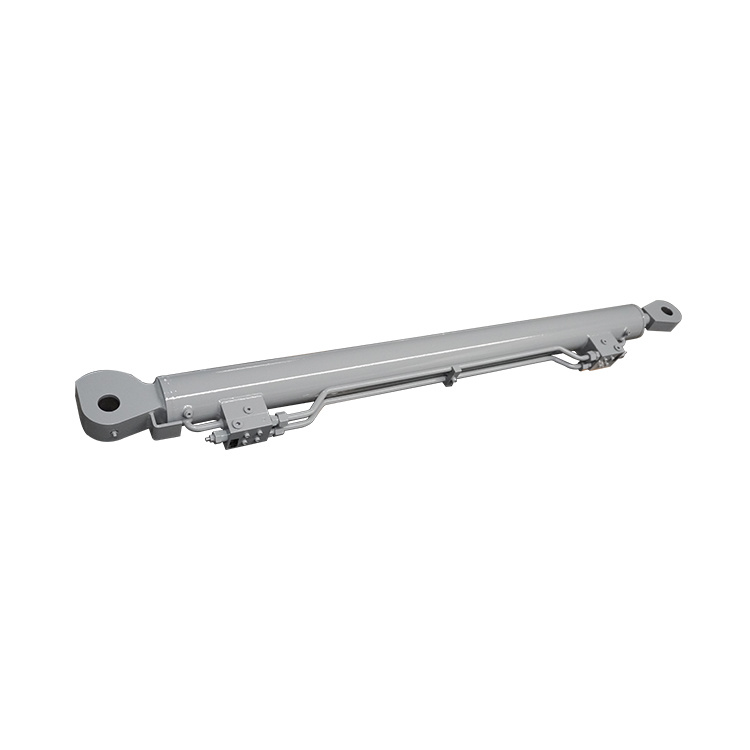Understanding Tractor Hydraulic Cylinders: A Key Component in Agricultural Machinery
2025-07-09
Tractor hydraulic cylinders are a crucial element in the operation of agricultural machinery, providing the necessary force to lift, lower, and maneuver various implements. These cylinders operate using hydraulic fluid, which is pressurized to create movement. The basic design of a hydraulic cylinder consists of a cylindrical barrel, a piston, and two hydraulic ports. When pressure is applied to the fluid in the cylinder, it forces the piston to extend or retract, translating hydraulic energy into linear motion.
The functionality of tractor hydraulic cylinders can be observed in numerous applications, such as lifting plows, seeders, and other essential farming equipment. The efficiency and effectiveness of these cylinders directly affect the overall performance of the tractor and its ability to perform agricultural tasks. The right hydraulic cylinder can enhance the machine’s capabilities, allowing it to operate in various conditions, from heavy soil to uneven terrain.
When selecting a hydraulic cylinder for a tractor, it is important to consider several factors to ensure optimal performance. One key factor is the cylinder’s bore size, which affects the lifting capacity and speed of operation. Larger bore sizes can provide more force but may also require more hydraulic fluid. Additionally, the stroke length of the cylinder must match the application requirements, as it determines how far the piston can travel.
Another critical aspect to consider is the material and construction of the hydraulic cylinder. High-quality materials can withstand harsh environmental conditions and resist wear, ensuring a longer lifespan and more reliable operation. Furthermore, proper sealing mechanisms are essential to prevent hydraulic fluid leakage, which can lead to performance issues and reduce efficiency.
Maintenance of tractor hydraulic cylinders is vital to ensure their longevity and functionality. Regular inspections should be conducted to check for signs of wear, leakage, or damage. Keeping the hydraulic fluid clean and at the appropriate levels is also crucial, as contaminated fluid can cause significant damage to the cylinder and the entire hydraulic system.
In summary, tractor hydraulic cylinders play an indispensable role in modern agricultural practices. By understanding their construction, operation, and maintenance requirements, users can enhance the performance of their machinery and ultimately improve productivity on the farm. Choosing the right hydraulic cylinder is essential for maximizing the efficiency and effectiveness of agricultural equipment, making it a critical consideration for any farming operation.
The functionality of tractor hydraulic cylinders can be observed in numerous applications, such as lifting plows, seeders, and other essential farming equipment. The efficiency and effectiveness of these cylinders directly affect the overall performance of the tractor and its ability to perform agricultural tasks. The right hydraulic cylinder can enhance the machine’s capabilities, allowing it to operate in various conditions, from heavy soil to uneven terrain.
When selecting a hydraulic cylinder for a tractor, it is important to consider several factors to ensure optimal performance. One key factor is the cylinder’s bore size, which affects the lifting capacity and speed of operation. Larger bore sizes can provide more force but may also require more hydraulic fluid. Additionally, the stroke length of the cylinder must match the application requirements, as it determines how far the piston can travel.
Another critical aspect to consider is the material and construction of the hydraulic cylinder. High-quality materials can withstand harsh environmental conditions and resist wear, ensuring a longer lifespan and more reliable operation. Furthermore, proper sealing mechanisms are essential to prevent hydraulic fluid leakage, which can lead to performance issues and reduce efficiency.
Maintenance of tractor hydraulic cylinders is vital to ensure their longevity and functionality. Regular inspections should be conducted to check for signs of wear, leakage, or damage. Keeping the hydraulic fluid clean and at the appropriate levels is also crucial, as contaminated fluid can cause significant damage to the cylinder and the entire hydraulic system.
In summary, tractor hydraulic cylinders play an indispensable role in modern agricultural practices. By understanding their construction, operation, and maintenance requirements, users can enhance the performance of their machinery and ultimately improve productivity on the farm. Choosing the right hydraulic cylinder is essential for maximizing the efficiency and effectiveness of agricultural equipment, making it a critical consideration for any farming operation.
Previous Page
Previous Page
Questions?
We are here to help.



